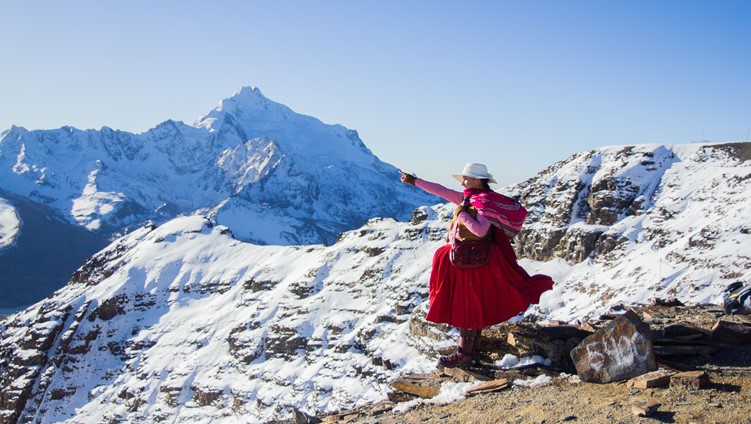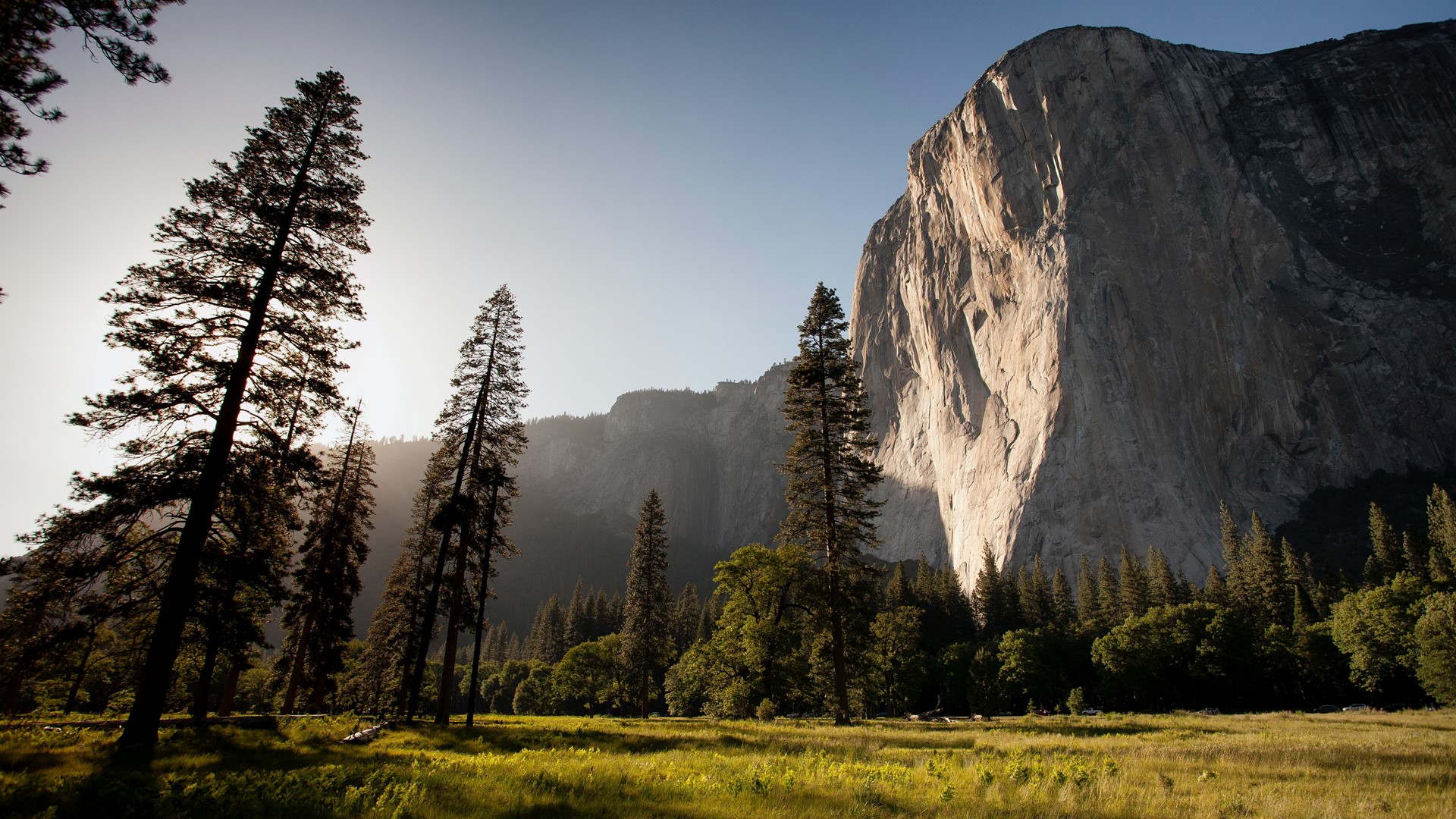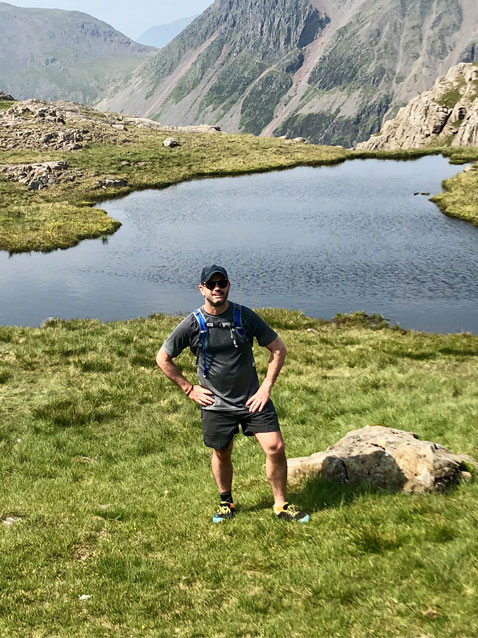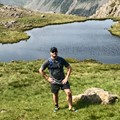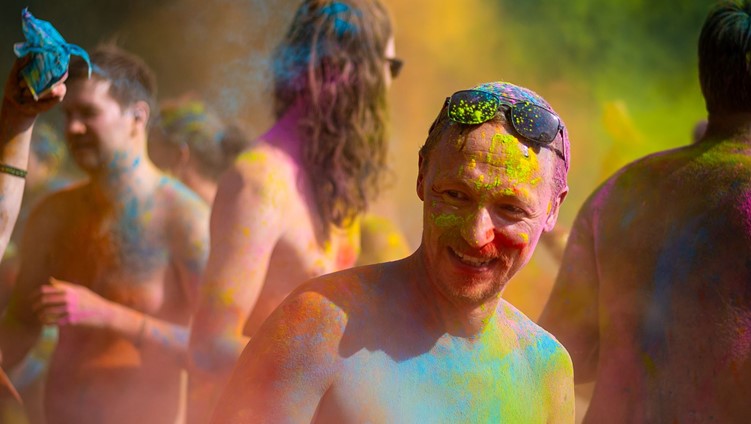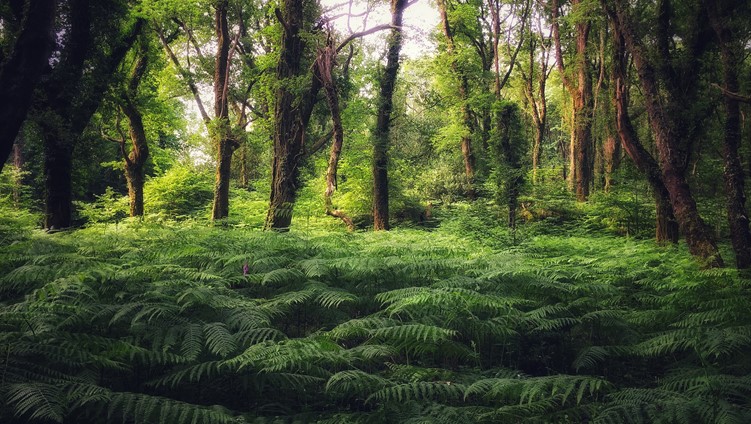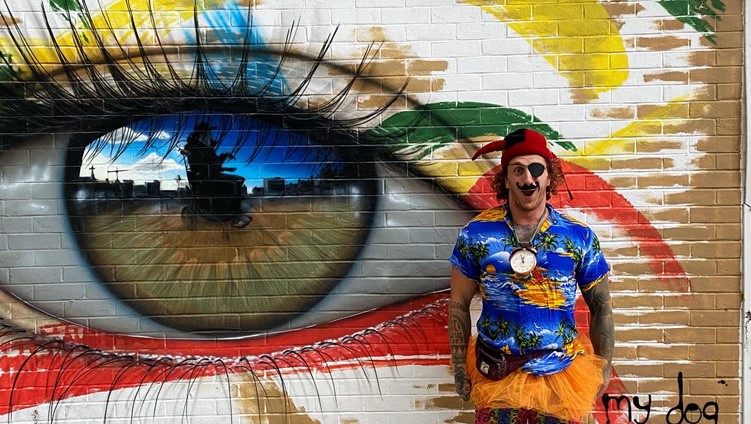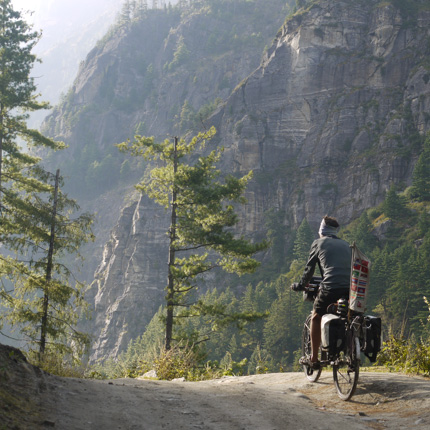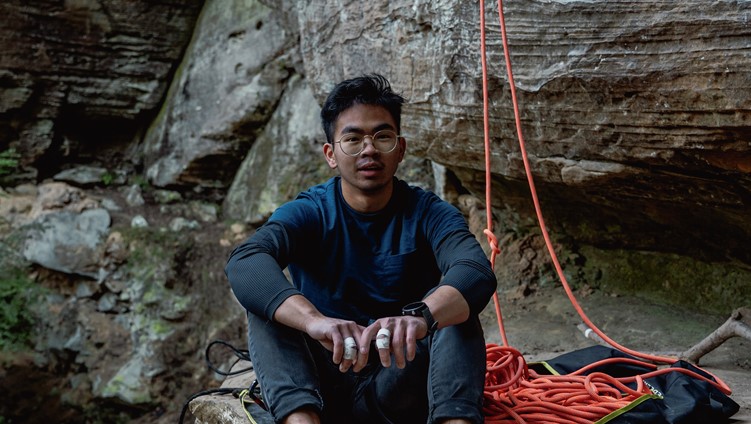
Bex Band, Founder, Love Her Wild
Right now, one of the biggest challenges/risks facing the adventure community is… the concept that the outdoors is free and accessible to all. It’s easy to say when you have the gear, the skills needed, the confidence and access to outdoor spaces. But for someone living below the poverty line in a city, far from any National Park, with no gear, affordable means to travel or the right experience, then outdoor adventures are very far from accessible. If we are to tackle diversity and equality in the outdoors then we must first acknowledge the barriers in place.
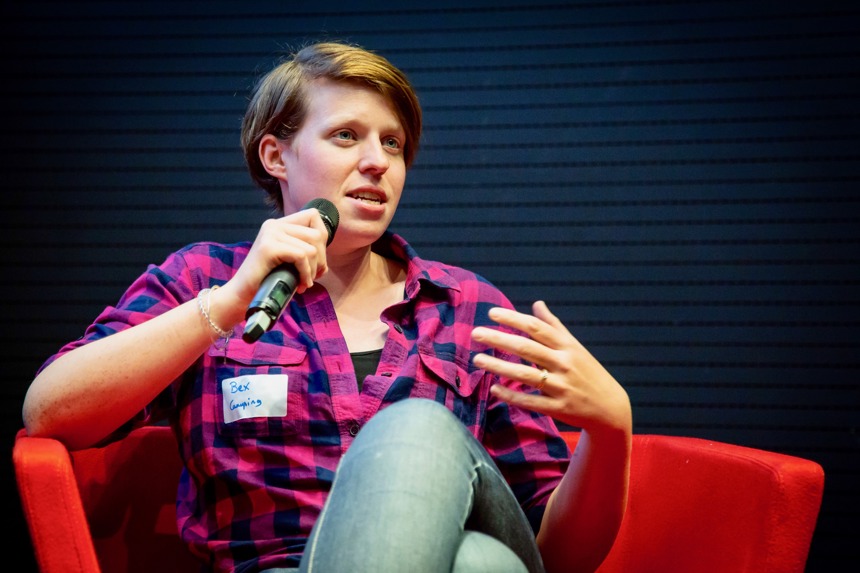
Genevieve Brown, The Antarctic Aruban
Right now, one of the biggest challenges/risks facing the adventure community is… the concept that the outdoors is free and accessible to all. It’s easy to say when you have the gear, the skills needed, the confidence and access to outdoor spaces. But for someone living below the poverty line in a city, far from any National Park, with no gear, affordable means to travel or the right experience, then outdoor adventures are very far from accessible. If we are to tackle diversity and equality in the outdoors then we must firstly acknowledge the barriers in place.
Ruth Allen, Outdoor & Ecopsychotherapist
Right now, one of the biggest challenges/risks facing the adventure community is… undoubtedly the state of our living planet. It is no longer acceptable to go round doing what you want wherever you want, consuming resources, being blind to local populations, having an impact every time you want to do fun things. The community has to be careful not to be tone-deaf, but to respond responsibly and enthusiastically to the pressing environmental and social agendas of the time. They are in a position to influence better approaches and really advocate for the natural world. In addition, the adventure community needs to look out how it upholds certain inequalities of access, for example, and strive to be more inclusive and welcoming. This takes us back to the beginning: what is adventure? How do we broaden the definition in order to broaden who is part of the community, and has the opportunity to benefit from everything that adventure has to offer.
'The adventure community needs to look out how it upholds certain inequalities of access, for example, and strive to be more inclusive and welcoming.'
Naveed, Boots and Beards
Right now, one of the biggest challenges/risks facing the adventure community is… having too many people out in remote places with lack of knowledge experience e.g. how to camp safely, how to trek up a mountain safely etc. The other challenge is to get people to start respecting the environment and leaving a place intact and keeping it an adventure for the next person to experience it.
Chris Burkard, Photographer and Artist
Right now, one of the biggest challenges/risks facing the adventure community is… the fact that by limiting travel, we are being forced to look at ourselves and how we define ourselves, our ambitions, and our goals by what is possible close to home. I think it's a blessing because it's forcing us to become more creative.
Absar Khan, Co-Founder, TACTACK
Right now, one of the biggest challenges/risks facing the adventure community is… the narrative that focuses on goals rather than habits. And instead of people worrying about not being able to travel to faraway places to tick box certain experiences there are many adventures that may be experienced closer to home. There are literally multiple adventures possible each day.
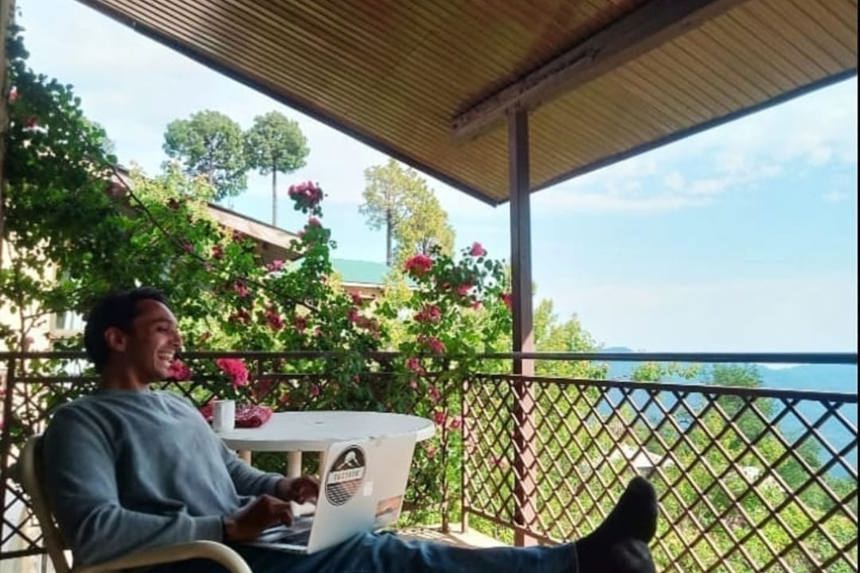
Erin Monahan, Founder of Terra Incognita Media
Right now, one of the biggest challenges/risks facing the adventure community is the way brands like Patagonia, Black Diamond, The North Face, Arc’teryx, and others have turned Black Lives Matter into a trend instead of a movement to participate in actively everyday through anti-racist practices and actions. Where were they during Standing Rock? During the Ferguson protests? During the struggles of Wet'suwet'en? Brands won’t save us, and everything I’m saying right now is due to my learning from Ericka Hart. She’s taught me that nothing radical comes from companies run by billionaires, or white people in general. Billionaires shouldn’t exist. They’re unethical. White supremacy hoards and conceals.
Our biggest threat is our attachment to all forms of binaries. The gender binary, the binary of “good”/”bad,” the binary of abundance/scarcity. Our biggest threat isn’t Donald Trump, but I’m sure a lot of people will say his name in response to this question. Our biggest threat is believing that change can come from within the system, and the lie that voting makes a difference. You can listen to Ericka Hart and Ebony Donnley talk about this on their podcast Hoodrat to Headwrap episodes “Hell in a Handbasket: Which Old White Person Are You Voting For?” and “Gone ‘Til November.”
James Dyer, Expedition Leader, Adventurer, Explorer, Educator
Right now, one of the biggest challenges/risks facing the adventure community is… access. This is not just about accessibility for people from BAME or disability perspectives (which is a huge area for discussion and debate), but access for everyone to get into the outdoors - the closure of outdoor centres, the reduction of outdoor learning in curriculums and schools due to increased pressure to learn for exams. I feel that we are allowing generations of people to miss out on smashing their limitations, having access to experiences that literally change their lives, and growing into people who understand the outdoors, the environment and by accessing it can find out who they are.
Adventure and expeditions are uniquely western in concept and image, we recognise that they can be used for learning but we keep trying to commodify the experience rather than allowing for self-exploration and their own adventures, encouraging people from all backgrounds to get outside. In indigenous cultures there have different perspectives and language around this subject, walkabout for the native Australians, safari for Africans which engender different visions of what adventure means for them; a journey with a purpose, getting in touch with your own history, understanding the environment or learning more about yourself. I think in the west we need to re-look at our relationship to our terminology and reconnect with the outdoors in a new way, which includes making the outdoors more inclusive and accessible.
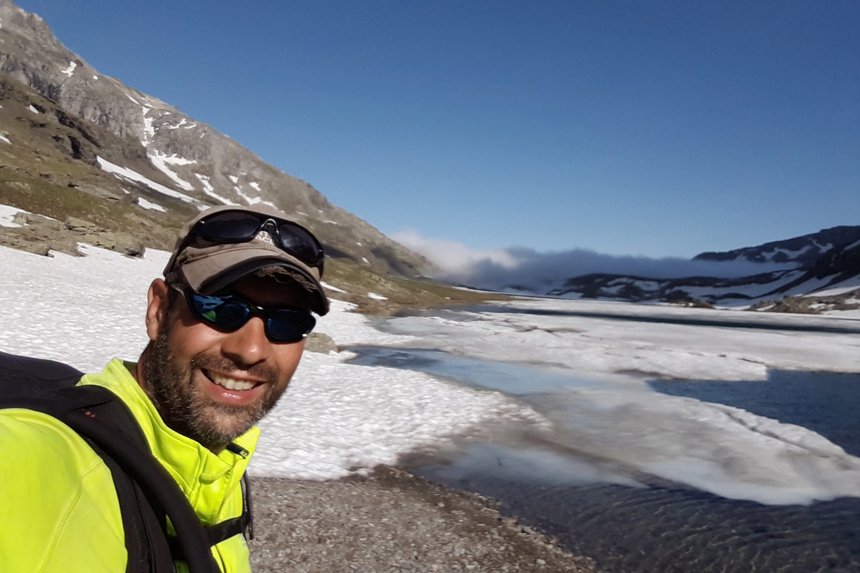
Lola Akinmade Åkerström, award-winning Nigerian photographer and travel writer
Right now, one of the biggest challenges/risks facing the adventure community is... access to opportunities for marginalised groups. For decades, Black people and others of colour have been excluded from the world of adventure. While adventurous experiences had always been tied to privilege and access to funds, it also came with stereotypes that other groups of people were less adventurous and as such, the adventure community remains overwhelmingly white. This is a false narrative that the adventure community needs to stop perpetuating. It is all about equity and opening access to others.
Meet @LolaAkinmade on social media: Facebook, Instagram, Twitter, and find out more about her newly launched academy here.
Dwayne Fields, TV Presenter, Adventurer, Explorer and Naturalist
Right now, one of the biggest challenges/risks facing the adventure community is... how to encourage more people from a wider range of backgrounds to get into adventuring, which is why myself and my teammate Phoebe Smith are selecting and taking twenty young people from across the country to Antarctica in 2021 as part of the world's first carbon negative expedition of its kind, this is our way of introducing people from disadvantaged backgrounds into adventure and conservation. We know the world is facing a dyer environmental challenge and it'll take all of us to repair the damage that has been done so the industry can continue to thrive.
Keep exploring

